The FSA board will next week consider whether raw milk can be sold on a more widespread basis.
It will meet on 23 July to discuss the findings of a review and public consultation into current controls on the sale of unpasteurised milk and whether it could be sold from a wider retail base, including from vending machines.
A report on the consultation published today (11 July) by the FSA suggested current controls appeared to be managing the potential risks associated with consuming of raw drinking milk (RDM) and raw cream.
It added that it “would not be proportionate to introduce a requirement to pasteurise all RDM and cream before sale”, and conceded there was a “need to modernise current controls”.
The report cited strong support from consumers and producers for continued, wider and controlled access to RDM.
It proposed - subject to the board’s agreement on 23 July – that the FSA should begin discussions with producers over the practicalities of vending machine sales in shops, and investigate what additional controls were required to mitigate the risks of wider RDM distribution.
FSA rules currently state RDM can be purchased at the farmgate, in farmhouse catering operations, through milk rounds, farmers’ markets and on the internet in England, Wales and Northern Ireland.
The sale of raw milk from vending machines located in shops is currently not permitted, although it can be sold from machines on farm premises. Sale of RDM is banned altogether in Scotland.
Current raw milk regulations had “worked well to control the risks from raw milk”, said FSA policy head Steve Wearne, who added the agency had sought to balance consumer protection with consumer choice throughout the review process.
“However, we believe there is the opportunity for us to make changes that balance modest liberalisation of sales with controls on production that ensure continued consumer protection,” he added.
But Dairy UK said it was “disappointed” by the FSA plans to consider wider access to unpasteurised milk in shops. “Milk pasteurisation provides the public with a microbiologically safe product,” said a spokesman. “ Should raw milk sales be permitted more broadly, we can only hope this decision will not bring about significant food safety issues for British consumers. We strongly encourage the FSA Board to turn down the current proposal and reiterate its support for pasteurisation of milk.”
Raw milk producer Steve Hook welcomed a potential loosening of rules on the sale of RDM, and claimed vending machines could make the product more accessible to the majority of the population. He claimed machines could offer “big opportunities” to farmers to satisfy demand “held back by a lack of access”.
“I think more work will need to be done regarding control protocols for vending machines but it’s a fantastic way of selling the milk,” he said. “However, it is paramount the vending machines remain farmer-owned. They should retain control and responsibility for the sale direct to the consumer. I wouldn’t want to pass that responsibility to anyone else.”







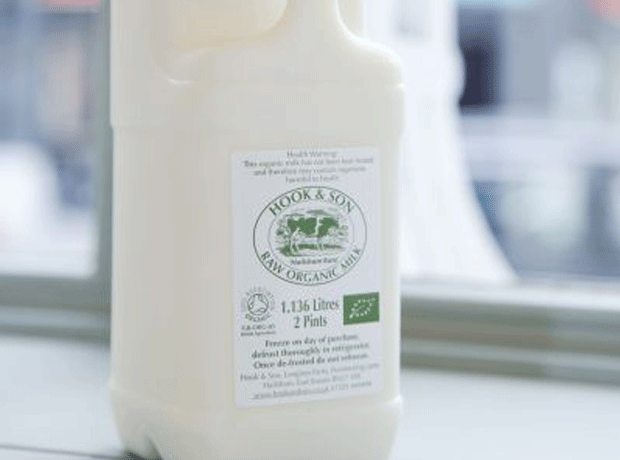
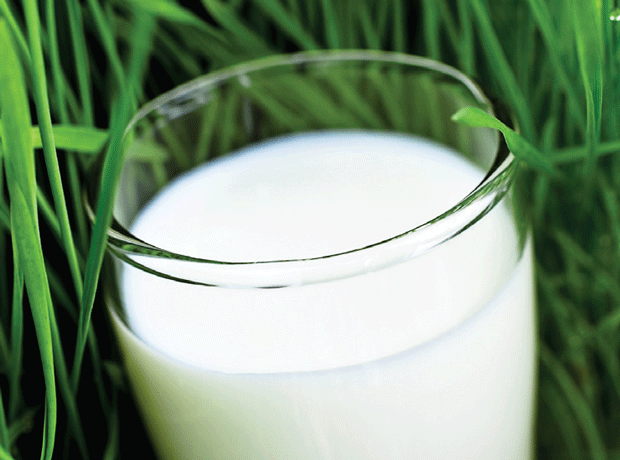
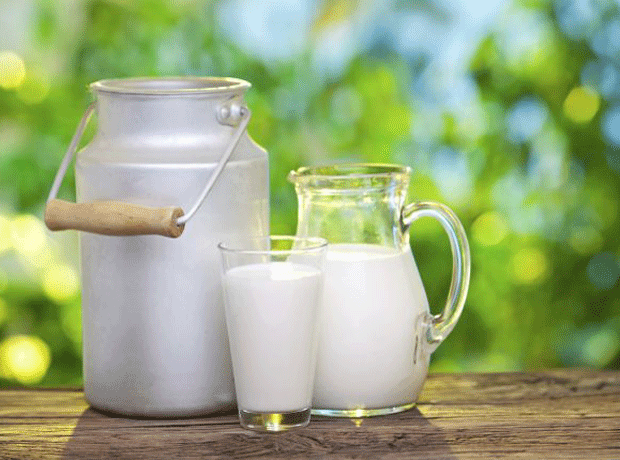
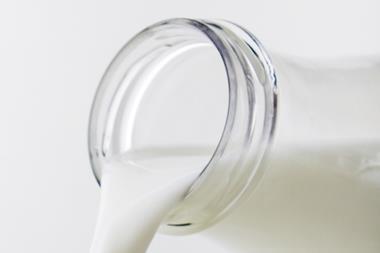
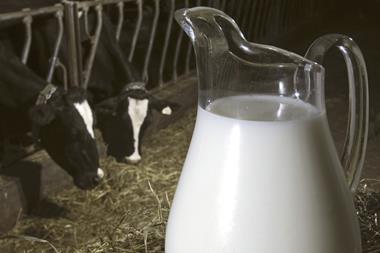






3 Readers' comments